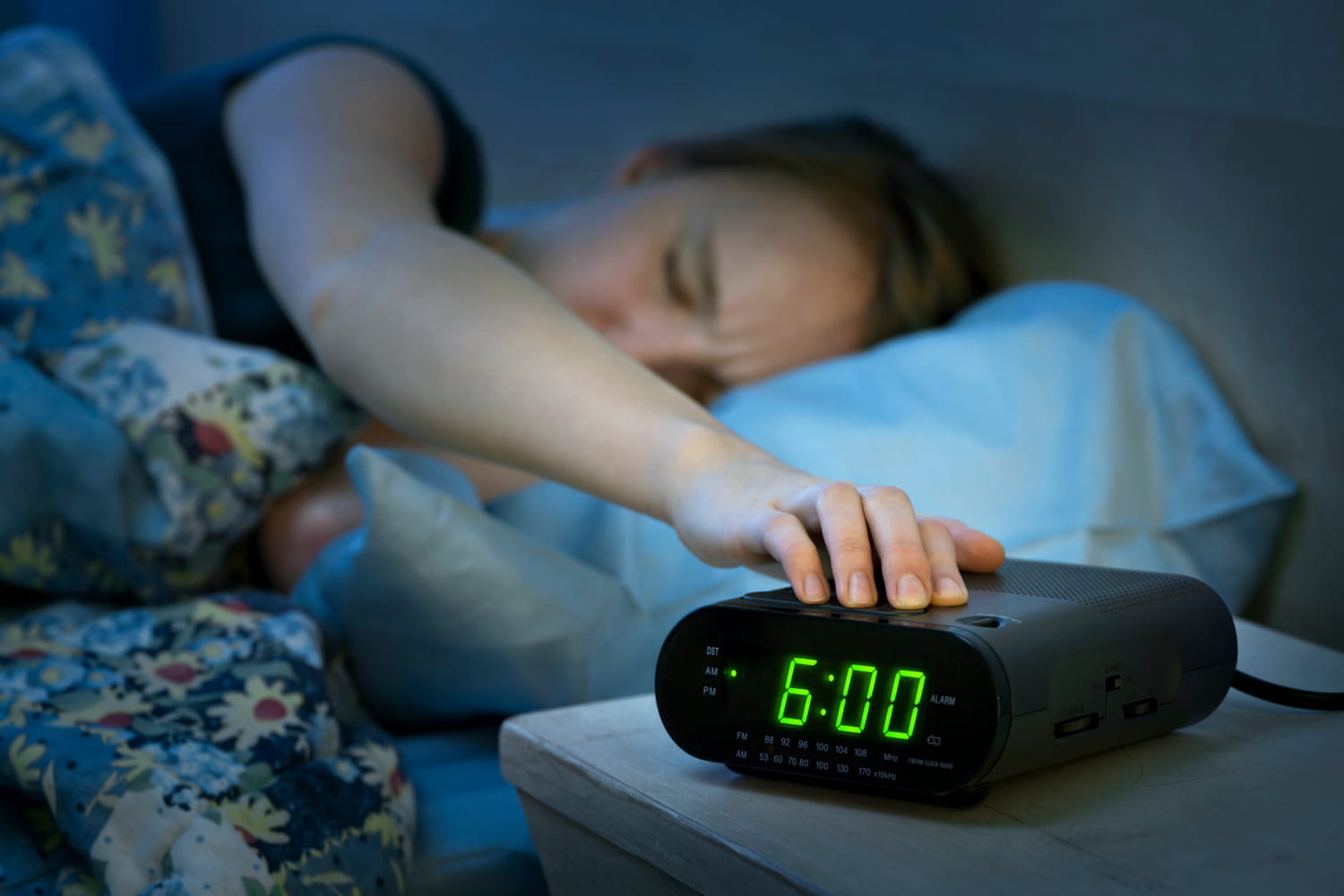Nothing to do with insomnia …
Sleep is the cornerstone of our physical and mental well-being. It allows our body to regenerate and our mind to consolidate learning and treat emotions. It is also essential for cerebrovascular health because it regulates blood pressure, reduces stress and prevents major risk factors such as obesity and diabetes. To sleep well is therefore protecting your heart and brain from diseases and attacks.
Researchers from the Department of Medicine at the University of Toronto (Canada) have confirmed the link between sleep disorders and cerebrovascular risk. For this, they analyzed the brain and sleep of more than 300 people over the age of 60 (70% were women) for a full week. The researchers found that “fragmented sleep”, the fact of wakeing up often at night without necessarily being aware and not sleeping in one go, was associated with a hardening of the arteries and a lack of oxygen in the brain, two risk factors for stroke (stroke). Concretely, to wake up 7 times per hour increases the risk of stroke by 27 %. At 9 micro-acknowledgment per hour, the risk jumped at 57 %, and at 11, it climbs to 87 %, can be read in their study published in the Revue Stroke of the American Heart Association.
These micro-events are very short (a few seconds to a few minutes) and are generally not associated with an awareness of being awake or the memorization of an event. The results of the study thus raise a very common vicious circle in medicine: “Sleep fragmentation can alter blood circulation towards the brain and poor blood circulation to the brain can cause sleep fragmentation“, Specifies the Professor Lim, neurologist and principal author of the study. In other words, an interrupted sleep does not allow the brain to benefit from a restful rest and good irrigation. And a brain which does not receive enough oxygen and nutrients, disturbs sleep mechanisms and causes frequent micro-revers.
In summary, the more sleeping is fragmented by unconscious micro-acknowledgment, the higher the risk of undergoing a stroke. These figures highlight the importance of the quality of sleep, beyond simple duration, for cardiovascular and cerebral health. If additional research is necessary, according to the authors, sleep surveillance could be a good way to identify the elderly likely to be at risk of stroke. Talking about it to your doctor is already a good reflex. Sleep recording, even at home, can sometimes be enough to detect these invisible disturbances.








